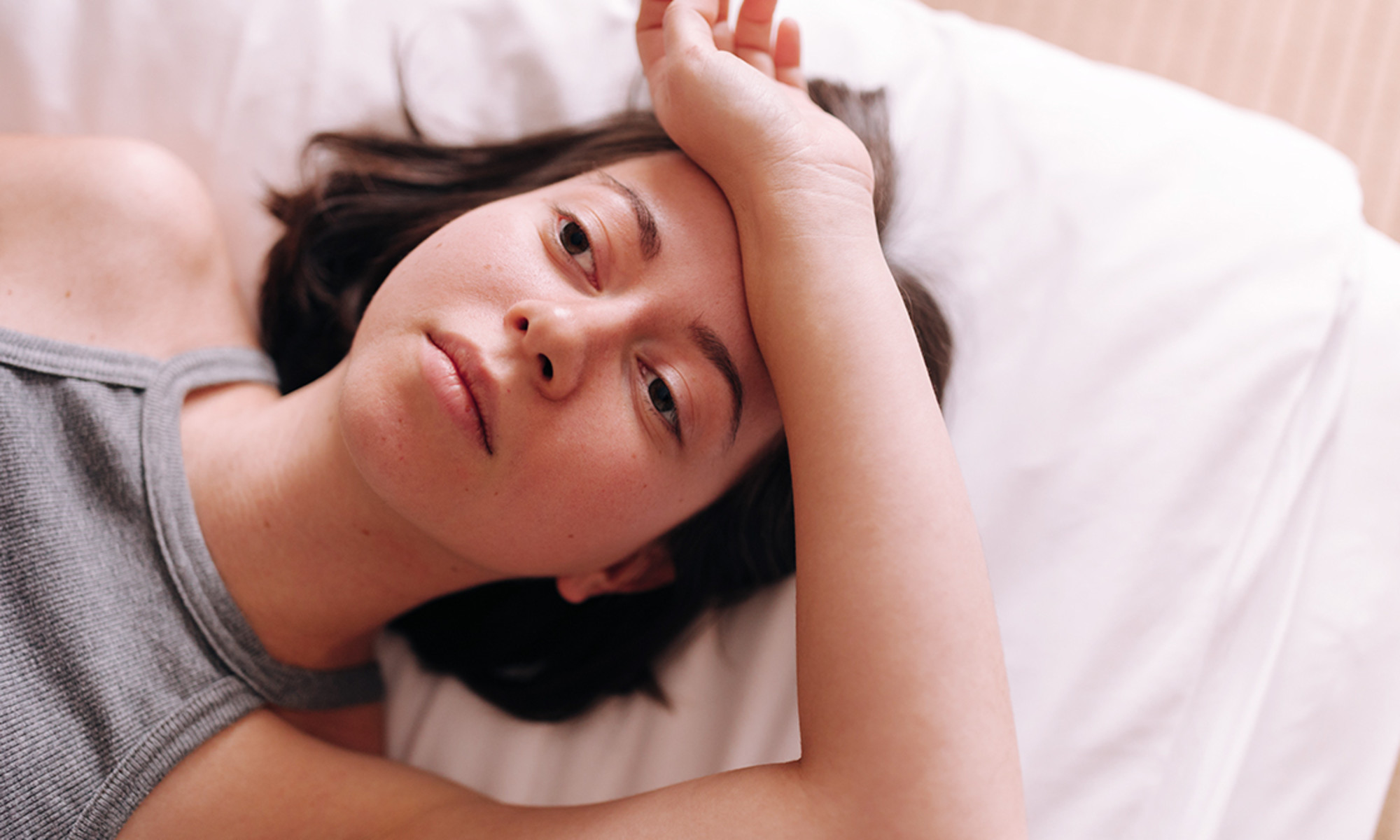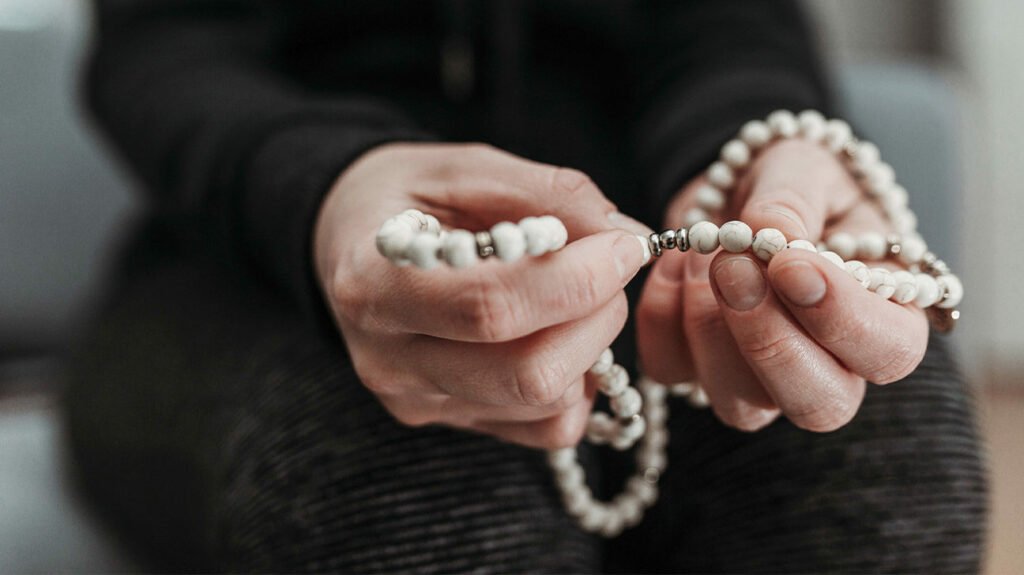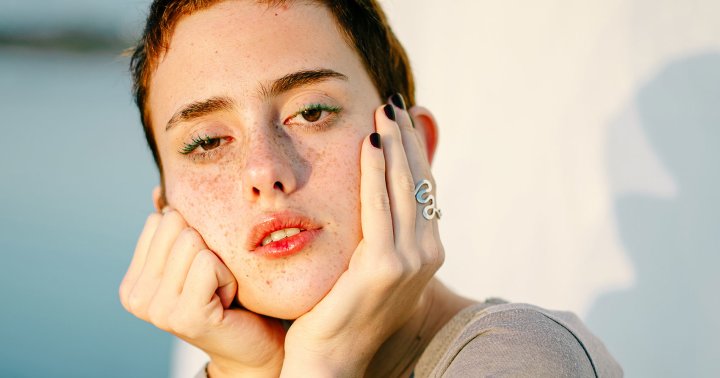This Sneaky Vitamin Deficiency Ruins Sleep Quality (33% Of People Have It)
Here's how to get your levels to a good place for the sake of your zzz's.


Functional Dentist
Functional Dentist
Dr. Meghna Dassani is passionate about helping adult and pediatric patients with sleep-disordered breathing get the treatment they need to live healthier, happier lives. Before attending the Goldman School of Dental Medicine at Boston University, Dr. Dassani operated a successful dental practice in Mumbai. For the past 18 years, she has been practicing in Houston, Texas where she continues to share and enhance her knowledge of obstructive sleep apnea treatments.
Image by Alexey Kuzma / Stocksy October 2, 2023 Sleep is an essential component of good health. Not only is it how your mind processes information from the day, but it's also necessary for cognitive function, emotional well-being, and physical strength. An estimated 59% of adults have some type of sleep disorder1 and don’t get the recommended 7-9 hours of sleep each night. Disrupted or inadequate sleep has been linked to a range of health issues2, such as obesity, diabetes, cardiovascular diseases, and mental health disorders like anxiety and depression. Many different factors can result in sleep disturbances, one of which that I see often is a vitamin D deficiency. Research shows that vitamin D plays an important role not just in dental health3, but in sleep regulation, and a vitamin D deficiency may cause sleep disorders, shorter sleep duration, and promote nighttime wakings. 
Why vitamin D is important
Vitamin D is a fat-soluble nutrient that contributes to several of the body’s physiological processes. Vitamin D regulates calcium and phosphorous absorption, helps you maintain good teeth and bone health, and supports the functioning of the immune and nervous systems, among other important responsibilities.
Two types of vitamin D exist: vitamin D2 and vitamin D3. Both forms are essential, but vitamin D3 is a more stable form that lasts longer in the body. You can get both vitamin D2 and vitamin D3 by consuming foods or supplements. Foods rich in vitamin D include fatty fish, milk, oranges, and yogurt. You can also get vitamin D3 by exposing your skin to sunlight. However, sunlight and food alone rarely get you to optimal vitamin D status.
How vitamin D and sleep quality are linked
Research shows that vitamin D deficiencies increase the risk of sleep disorders and disturbances5. Vitamin D receptors are found in the areas of the brain responsible for sleep regulation, so a vitamin D deficiency could cause these areas to malfunction.
Also, since sunlight is a source of vitamin D, inadequate vitamin D levels may lead to disruptions in the body's internal clock and its production of melatonin, the body’s sleep-regulating hormone. This disruption could lead to trouble falling asleep and staying asleep and other sleep disturbances.
The relationship between vitamin D and sleep is not fully understood yet. However, it's thought to be bidirectional. This means that sleep disturbances, such as obstructive sleep apnea and restless leg syndrome, could also impact vitamin D metabolism. People with sleep disorders may experience alterations in their metabolism, which could affect the conversion of vitamin D to its active form in the body.
The takeaway
Recognizing the connection between poor sleep and vitamin D deficiency presents an opportunity for proactive healthcare strategies. Healthcare providers should consider assessing both sleep quality and vitamin D levels when evaluating their patients for sleep disturbances.
Lifestyle modifications, such as increasing sun exposure (especially in the morning) and consuming vitamin D-rich foods or supplements, are also recommended to address the deficiency. Furthermore, adopting healthy sleep habits, such as going to bed and waking up at the same time every day and limiting caffeine and screen time too close to bedtime, could positively impact vitamin D metabolism.

 Aliver
Aliver 































